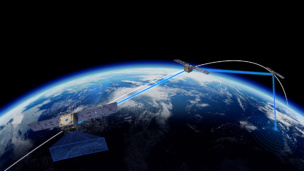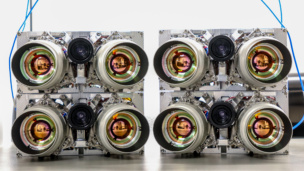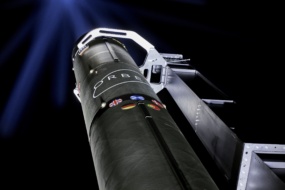The Netherlands is preparing to boost both its domestic space industry and its national security capabilities in orbit with the launch of its first military EO sat, to be built by a consortium of Dutch companies.
The first satellite in the series, called PAMI-1, is expected to launch in 2027, according to a press release from FSO Instruments, one of the companies set to work on the project.
What’s on board: The spacecraft will host a laser communications terminal and a set of optical sensors to provide Dutch defense forces with a sovereign space-borne intelligence-gathering capability at a time of intensifying geopolitical tensions.
Raytheon Technologies Netherlands, a subsidiary of US RTX, and the Netherlands’ Ministries of Defense and Economic Affairs will pay for the development and manufacturing costs of the sat.
Home grown: With a population of 18M, the Netherlands has so far mostly relied on its allies to meet its defense communications and data acquisition needs. In 2021, the Royal Netherlands Air Force launched the experimental nanosatellite Brik-II, which included test payloads for military communication and navigation.
One year later, the Dutch Ministry of Defense published its Defense Space Agenda, which aims to plug the country’s space capability gaps with the help of mostly small, homegrown satellites.
Tech specs: PAMI-1 will be an ESPA-grande class satellite capable of supporting up to 200 kg of payload. The bus will be provided by Raytheon subsidiary Blue Canyon Technologies. Netherlands-based startup cosine will develop the EO payload, while FSO Instruments will supply the laser communications technology.
It’s not clear how many EO sats are expected to join PAMI-1 in the future, but any future spacecraft will also be built domestically to “support the development of the Dutch manufacturing infrastructure of space assets,” FSO Instruments said in its release.
What else: The Netherlands is also developing an experimental VLEO defense satellite demo in cooperation with Austria, which is expected to launch in 2026.





